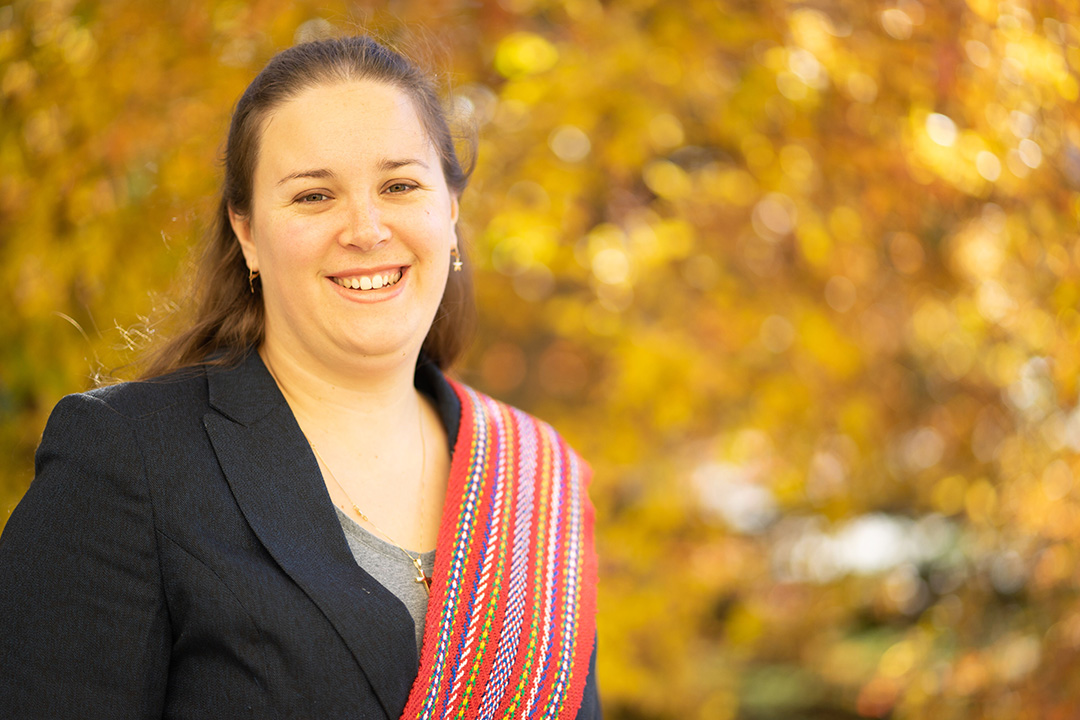
USask researchers receive $1.18 million in SHRF establishment grants
Seven College of Medicine researchers have received SHRF establishment grants, which are designed to assist them establish health research programs in the province.
By USASK RESEARCH PROFILE AND IMPACTTraditional Métis jigging may provide a better workout than aerobics or cardio training in the gym.
The dance style, firmly embedded in Métis heritage and culture, promotes stamina, physical fitness and heart health, according to a kinesiologist at the University of Saskatchewan (USask).
Heather Foulds, assistant professor in USask’s College of Kinesiology, will assess the fitness potential of jigging in a $120,000 three-year research project funded by the Saskatchewan Health Research Foundation (SHRF).
Foulds is one of 18 USask researchers to receive SHRF establishment grants totaling $1.18 million. The grants are designed to assist researchers who are new or newly resident in Saskatchewan establish an independent program of health research in the province.
The 2019-20 SHRF establishment grant recipients from the College of Medicine are:
- Kerry Lavender, College of Medicine, Differential effects of IFNα subtypes on HIV-1-associated dysfunctional CD8+ T cells.
- Paul Mick, College of Medicine, Hearing and Thinking from Cradle to Grave: Building the Capacity for Sensory-Cognitive Research in Saskatchewan
- Audrey Zucker-Levin, College of Medicine, Wheeling to Healing: A novel method to improve healing of diabetic foot ulceration
SHRF also awarded a total of $800,000 in research fellowships designed to advance the research career development of the award holder.
Research fellowship recipients from the College of Medicine include:
- Anjuman Ara, College of Medicine, Regulating T-cell Fate by Targeting mTORC1-KIF13A-M6PR Axis to Enhance Immunity against Cancer
- Milaid Granadillo Rodríguez, College of Medicine, Role of APOBEC3 deoxycytidine deaminases in somatic mutagenesis
- Behlol Khan, College of Medicine, Targeting EGFR/EpHA2 receptor using bispecific radioimmunoconjugates against triple negative breast cancer
- David Kingston, Canadian Centre for Health and Safety in Agriculture, College of Medicine, An impactful step: Investigating lower limb joint loads during farm machinery egress
To read more about Heather Foulds' research and the rest of the SHRF establishment grant recipients, visit the university's news site.
